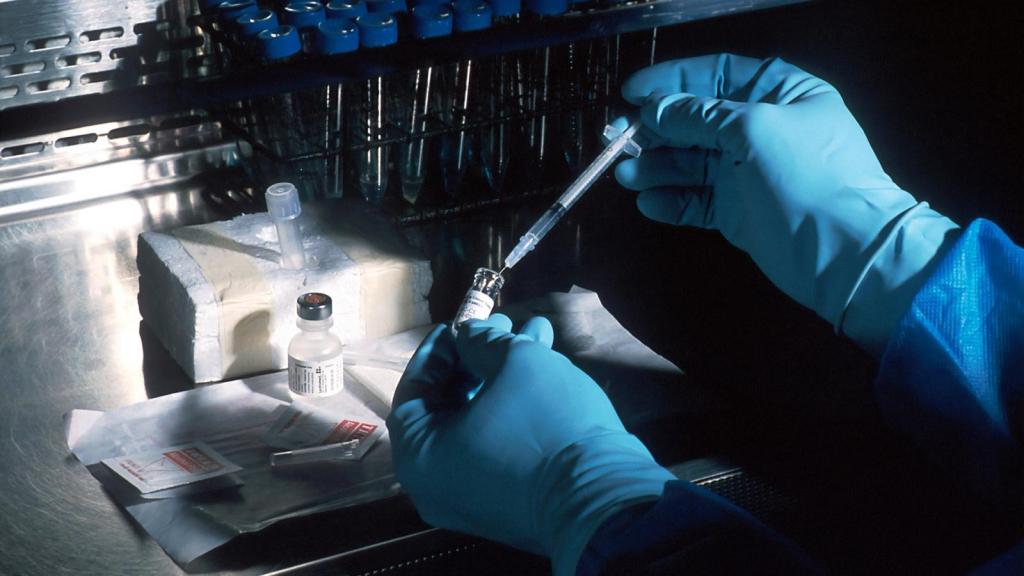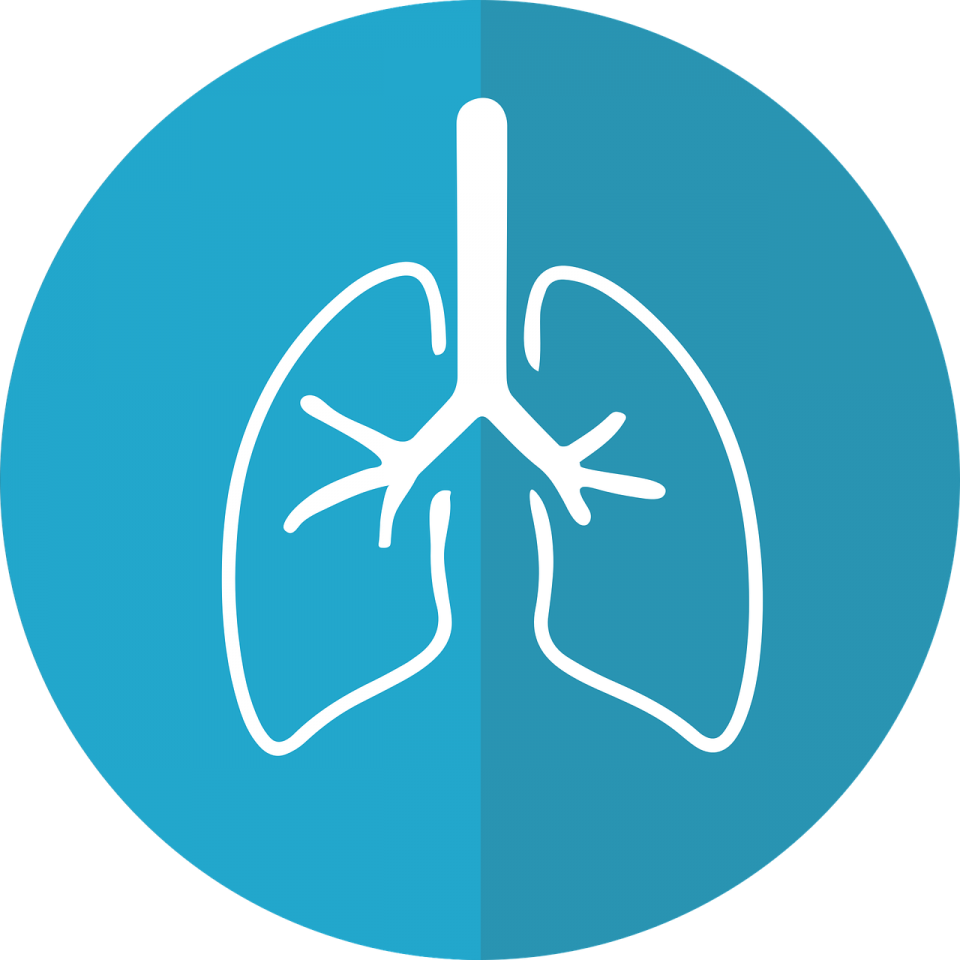
Clinician Research Leadership Award: Prof Jarushka Naidoo
“Immunotherapy has changed the face of lung cancer treatment, and is now being given for earlier stage lung cancers, with long term benefit in some cases. So the dream is being realised.”

The notion of producing a brand new ‘wonder treatment’ for cancer is something that is often talked about. However, less discussed is a promising stream of therapies being developed based on the premise that beneficial effects may come from within our very own bodies.
Immunotherapy seeks to use a person’s own immune system against cancer, as consultant oncologist at Beaumont RCSI Cancer Centre (Beaumont Hospital and RCSI University of Health Sciences), Prof Jarushka Naidoo explains:
“We know that immunotherapy with immune checkpoint inhibitors is an effective treatment that can benefit over 15 different cancer types, including lung cancer. The promise of immunotherapy is that if we generate an immune response against cancer, we may also create immunologic ‘memory’ that results in long-term benefit,” says Prof Naidoo, whose two main areas of expertise are lung cancer and immunotherapy.
“The next wave in immunotherapy will be to try to understand which patients benefit and why, and to understand why some patients develop rare but occasionally serious side effects from immunotherapy - which we understand very little about.”
Prof Naidoo will be supported in expanding her research and leadership in immunotherapy through the Irish Cancer Society’s Clinician Research Leadership Award.
This award ‘buys out’ some of the time a practicing oncologist like Prof Naidoo would spend in hospital, providing cover to allow ambitious researchers like her to dedicate more time to working on innovative new breakthroughs that can help patients.
IR-TOX
One particular area of focus for Prof Naidoo will be to develop an Irish Immune-related Toxicity Team, or ‘IR-TOX’ team for short, which seeks to improve understanding of why some patients experience side-effects from immunotherapy and streamline their diagnosis and management.
“Around 10-30% of patients will unfortunately experience side-effects related to their immunotherapy. Some of these can be very difficult to diagnose and manage, because we don’t know why they happened or in some cases, what might be the best treatments.
“IR-TOX was inspired by a similar group I setup at Johns Hopkins University in the USA, where I was an Assistant Professor for several years, before returning to Ireland. This will be a dynamic group of experts interested in immunotherapy toxicities from around Ireland, who will come together to discuss immune toxicity cases in a Multi-Disciplinary Team - or ‘MDT’ - format.
“We will set this up virtually, to help support patients who develop these side effects around the country. The goal will be to improve access to specialists when it gets up and running in the coming months,” says Prof Naidoo, who is leading the initiative alongside Beaumont Hospital and RCSI endocrinologist Prof Mark Sherlock.
The ‘microbiome’
Also in the area of immunotherapy, Prof Naidoo will be working with collaborators in APC Microbiome and UCC to examine the role of a patient’s ‘microbiome’ - a collective term for microorganisms such as bacteria that inhabit the human body - and how it affects immunotherapy.
We know that bacteria in certain areas are actively implicated in how we generate an immune response. It is possible to change a person’s microbiome with interventions like dietary changes, which can change your immune response, and potentially how you respond to treatment or your likelihood of developing side effects.
The project will involve a ‘biomarker protocol’ whereby samples will be collected from patients to hopefully help answer the question of why some are more susceptible to side-effects or to respond to immunotherapy.
In the field of lung cancer, Prof Naidoo serves as the Lung Cancer Disease-specific subgroup Chair for Cancer Trials Ireland, the national clinical trials group. To facilitate the growth of clinical trials for lung cancer in Ireland, Prof Naidoo has set up a collaborative group called the Irish Lung Cancer Alliance (@IrishLungCancer).
Collaboration is a strong theme in Prof Naidoo’s studies, as the Irish Lung Cancer Alliance brings together doctors and scientists from hospitals and universities across the country to establish new projects and trials for patients with lung cancer.
ADEPPT trial
One of these trials has already been developed through this group is called the ADEPPT trial – a groundbreaking first-ever investigator-initiated trial for lung cancer in Ireland.

“It’s a clinical trial that investigates the effect of a new drug for a historically difficult-to-treat type of lung cancer, called KRAS-mutant lung cancer,” reveals Prof Naidoo.
“In the last one to two years, two new treatments have emerged that appear potentially effective for this type of lung cancer. My trial will examine the role of one of these medicines in patients who are elderly (over 70 years old) or functionally frail. This trial offers a unique opportunity for Ireland to obtain access to a new and exciting drug, for a population that is usually excluded from clinical trials, but that still deserves the best of treatments,” says Prof Naidoo.
The trial will be open across Ireland, the UK and Spain through a European clinical trials network called ETOP, and Prof Naidoo will serve as overall study chair.
Prof Naidoo intends to utilise strong connections in Europe and those she retains at the renowned Johns Hopkins University in the US from her time working there, to help further opportunities for Irish patients and the medical community in the areas of immunotherapy and lung cancer.
“The Irish medical community punches above its weight in terms of depth of expertise, and contribution to advancements in medicine. To fully realise the potential of this expertise and advancements, partnership with others is a crucial step, especially in a small country.
“Collaboration in research allows us to benefit from the input of others while also developing our abilities, altogether bringing progress forward. So it’s incredibly important in to foster the connections that allow this to happen.”
Asked about the difference the extra research time made possible through the Society’s Clinician Research Leadership Award will make for her, Prof Naidoo enthuses that:
“An award like this is truly transformative. It allows those with an interest and commitment to research to set out their stall in an Irish context, and to take the first steps that will lead to long-term benefits for patients.
“Developing clinical trials and creating collaborative networks takes time. This time and team building is needed to lay the foundation for progress for our patients, now and into the future.”
The work of Irish Cancer Society funded researchers is made possible through the kind support of the public.
To help support our cancer research please visit www.Cancer.ie/Donate
Contact the Irish Cancer Society Support Line
If you have worries or concerns about cancer, you can speak confidentially to an Irish Cancer Society Cancer Nurse through the Freephone Support Line on 1800 200 700.
Monday to Friday, 9.00am - 5.00pm
